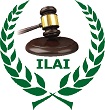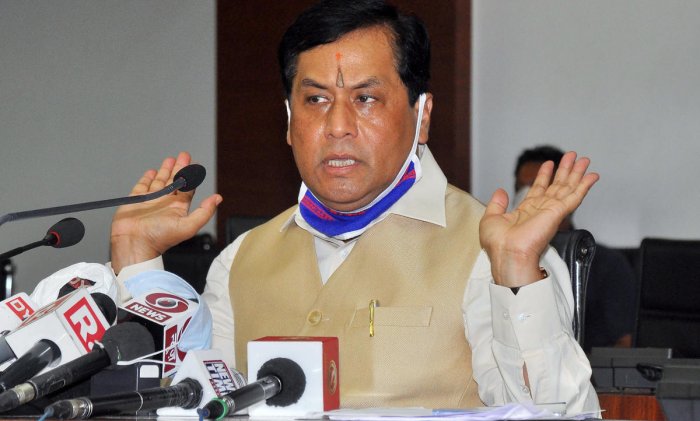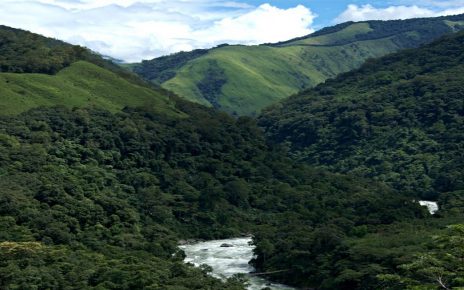The New Indian Express
08 October 2020
The body said the issue of the six communities – Koch-Rajbongshi, Tai Ahom, Chutia, Matak, Moran and Tea Tribes – should be resolved in a manner that will not hamper the rights of existing tribals.
GUWAHATI: The Assam government is facing stiff resistance to the proposal of granting Scheduled Tribe (plains) status to six communities.
The existing ST communities demanded that the government freeze the list of ST (plains) for good and resolve the issue of the six communities – Koch-Rajbongshi, Tai Ahom, Chutia, Matak, Moran, and Tea Tribes – in a manner that will not hamper the rights and interests of existing tribes.
The demand was made by the Coordination Committee of Tribal Organizations of Assam (CCTOA) at a meeting with a group of Assam ministers on Thursday.
“The list of ST (plains) relating to the plains of Assam should be frozen for good and notified separately. However, the government should take initiative to resolve the problem of the six communities and provide protection and privilege to all ethnic groups of Assam in any other manner which will in no way hamper the rights and interests and quotas of the plains tribal people of Assam,” said Aditya Klakhlari, who is the chief coordinator of CCTOA.
The CCTOA also demanded the enhancement of quota for the ST (plains) communities from 10% to 15% based on the latest census data as five more tribes were added to the category after the 2001 census.
On Wednesday, the Indigenous Lawyers’ Association of India (ILAI) had called upon the Assam government not to destroy the state’s tribal communities by granting ST status to “non-tribal communities”.
“There are a number of communities among the six communities who have never been considered as tribes by any government or anthropological study and they do not possess any characteristics of the tribals. Hence, the Assam government’s proposed inclusion of some socio-economically advanced and populous communities in the list of STs is malafide and it shall eliminate the very concept of tribals in India,” said ILAI president Dilip Kanti Chakma.
Some of these communities are identified as Other Backward Classes (OBCs) and there is no provision in law to shift from OBC to ST. While the OBC categorization is based on caste, the STs are totally on different footings, Chakma pointed out.
He said if these communities were included in the list of STs, the socio-educational well-being and political representation from Gram Sabha to Lok Sabha of the existing STs would be affected and they would be further marginalized.




